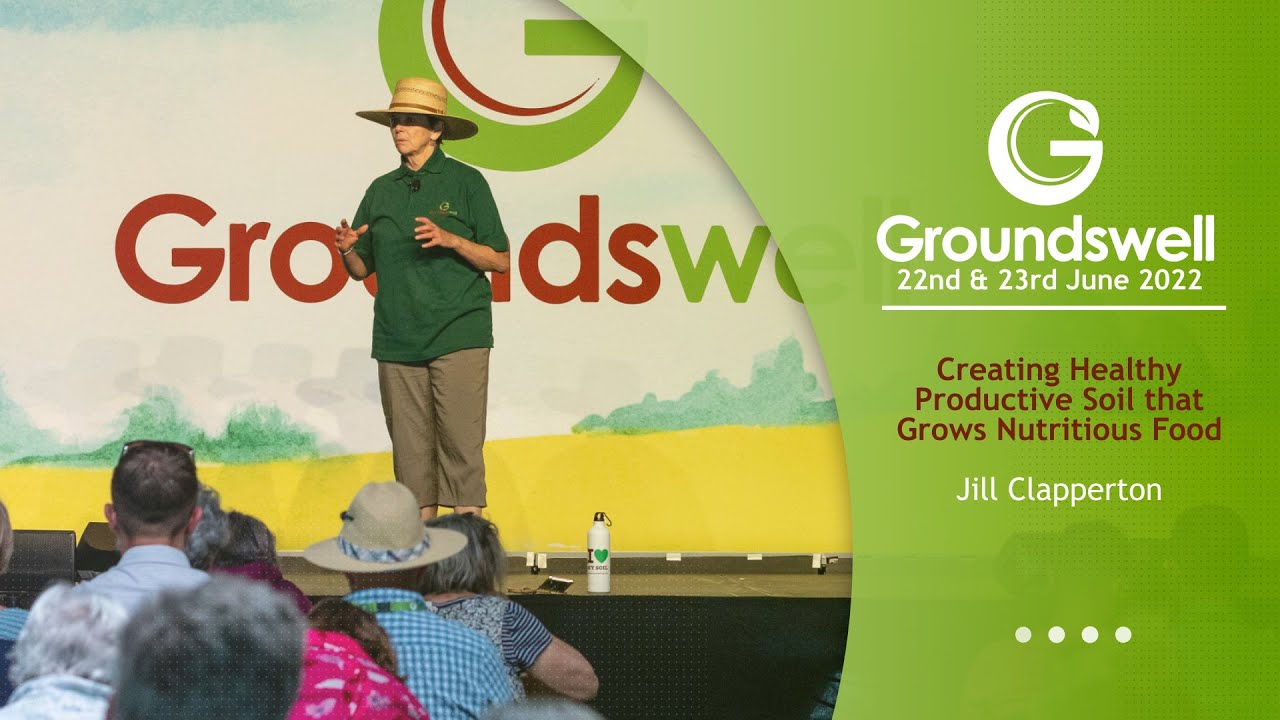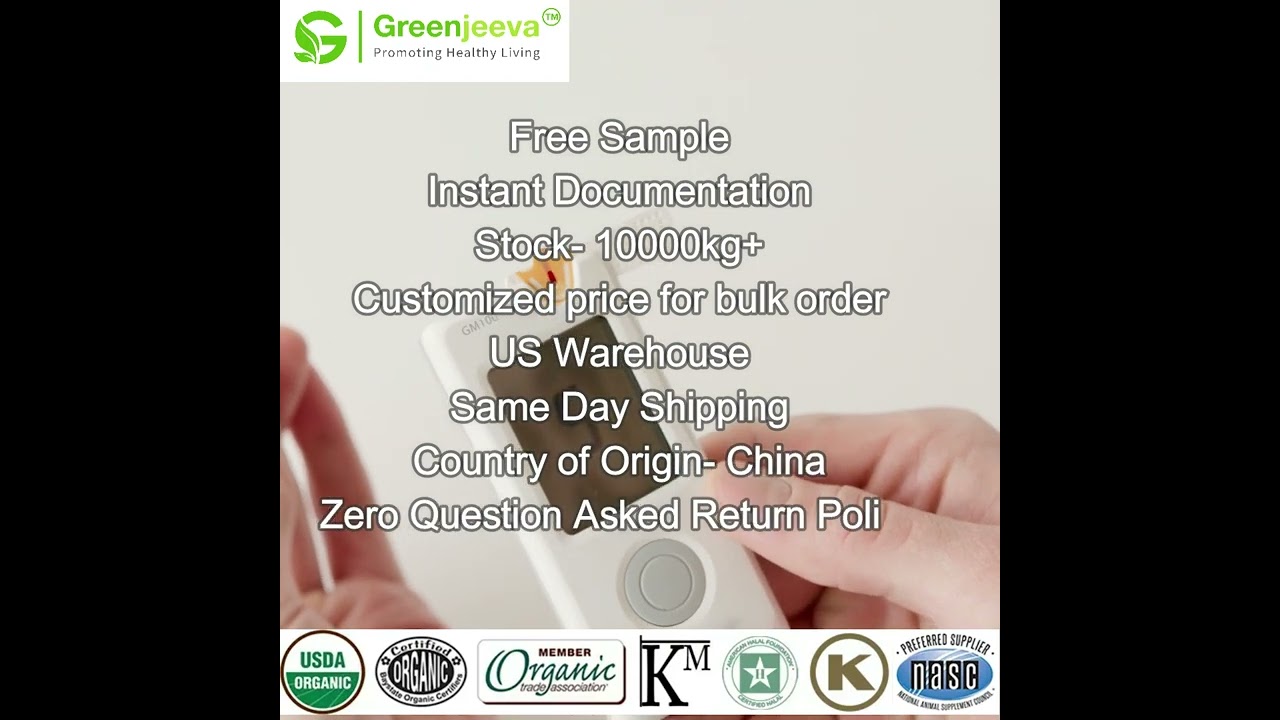Speaker: Jill Clapperton
People growing food in healthy soil hold all the keys to food security and wellness. Increasingly, we see the benefits from eating whole foods grown in these regenerative systems. Healthy soil is the foundation for the ecosystem services that are at the heart of our food production system. The evidence or metric for this relationship is the nutrient value in the food. Plants take up nutrients more effectively and efficiently when mediated through a biological system. Restoring and optimizing ecosystem services in soil has far reaching positive consequences on climate, water and air quality, and general planetary wellbeing.
In the late 1800’s and early 1900’s, in both USA and Canada, it was shown that growing clover with corn significantly increased yield and reduced disease issues, and that a mixed species forage before wheat acted in the same way. Intercropping has been practiced for at least 1000 years starting in China. The People of the First Nations in the southwest USA successfully grew corn beans and squash together. Feeding livestock on a mixed species forage improves temperament, rumen function, weight gain, health, and reproductive rates. We now know that using these practices can also increase the amount of minerals in the grain we harvest.
Crop and plant diversity can improve drought tolerance and the nutritional value of our cash crops. The Theory of Gaia proposes that all things are connected. Plants talk to each other using volatile and chemical signals, and the hyphal networks of mycorrhizal fungi act as the conduit between plants, moving water and nutrients. The plants are really connected!
Root diversity, in length, biomass, and composition of root exudates, affects the quantity and quality of the soil organic matter. The diversity of ecosystem services provided by the soil biota is also affected by the quality of the root exudates and organic matter. The soil biota require all the same molecular building blocks that we do – amino acids, carbohydrates, vitamins, minerals, organic acids and etc. The speed of decomposition and nutrient recycling all rely on quality.
Healthy Soil for a Healthy WorldTM. Let’s discuss how we can make food good for people, animals, and the environment.
source



